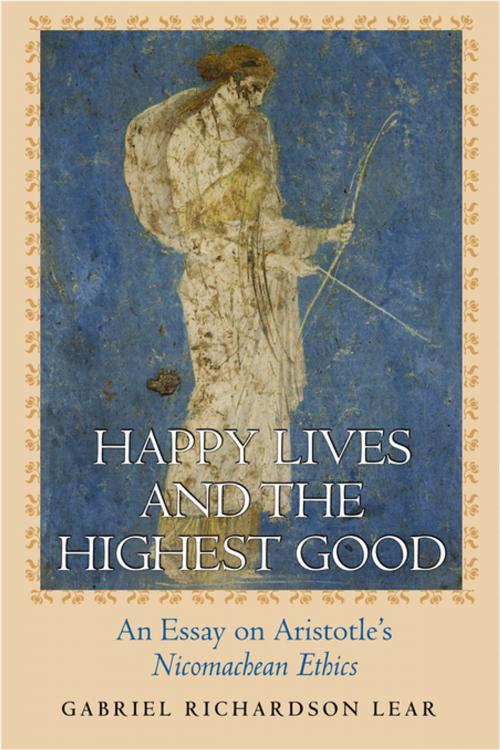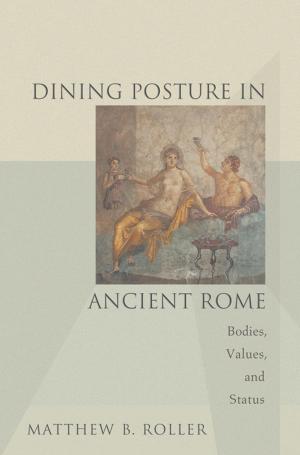Happy Lives and the Highest Good
An Essay on Aristotle's Nicomachean Ethics
Nonfiction, Religion & Spirituality, Philosophy, Ancient| Author: | Gabriel Richardson Lear | ISBN: | 9781400826087 |
| Publisher: | Princeton University Press | Publication: | January 10, 2009 |
| Imprint: | Princeton University Press | Language: | English |
| Author: | Gabriel Richardson Lear |
| ISBN: | 9781400826087 |
| Publisher: | Princeton University Press |
| Publication: | January 10, 2009 |
| Imprint: | Princeton University Press |
| Language: | English |
Gabriel Richardson Lear presents a bold new approach to one of the enduring debates about Aristotle's Nicomachean Ethics: the controversy about whether it coherently argues that the best life for humans is one devoted to a single activity, namely philosophical contemplation. Many scholars oppose this reading because the bulk of the Ethics is devoted to various moral virtues--courage and generosity, for example--that are not in any obvious way either manifestations of philosophical contemplation or subordinated to it. They argue that Aristotle was inconsistent, and that we should not try to read the entire Ethics as an attempt to flesh out the notion that the best life aims at the "monistic good" of contemplation.
In defending the unity and coherence of the Ethics, Lear argues that, in Aristotle's view, we may act for the sake of an end not just by instrumentally bringing it about but also by approximating it. She then argues that, for Aristotle, the excellent rational activity of moral virtue is an approximation of theoretical contemplation.
Thus, the happiest person chooses moral virtue as an approximation of contemplation in practical life. Richardson Lear bolsters this interpretation by examining three moral virtues--courage, temperance, and greatness of soul--and the way they are fine. Elegantly written and rigorously argued, this is a major contribution to our understanding of a central issue in Aristotle's moral philosophy.
Gabriel Richardson Lear presents a bold new approach to one of the enduring debates about Aristotle's Nicomachean Ethics: the controversy about whether it coherently argues that the best life for humans is one devoted to a single activity, namely philosophical contemplation. Many scholars oppose this reading because the bulk of the Ethics is devoted to various moral virtues--courage and generosity, for example--that are not in any obvious way either manifestations of philosophical contemplation or subordinated to it. They argue that Aristotle was inconsistent, and that we should not try to read the entire Ethics as an attempt to flesh out the notion that the best life aims at the "monistic good" of contemplation.
In defending the unity and coherence of the Ethics, Lear argues that, in Aristotle's view, we may act for the sake of an end not just by instrumentally bringing it about but also by approximating it. She then argues that, for Aristotle, the excellent rational activity of moral virtue is an approximation of theoretical contemplation.
Thus, the happiest person chooses moral virtue as an approximation of contemplation in practical life. Richardson Lear bolsters this interpretation by examining three moral virtues--courage, temperance, and greatness of soul--and the way they are fine. Elegantly written and rigorously argued, this is a major contribution to our understanding of a central issue in Aristotle's moral philosophy.















